Future Oceanic Exploration: The Technologies We'll Use to Discover the Secrets of the Deep
The times are changing. Much as I hate it, ocean exploration is changing with them. Gone are the days of daring manned missions to the deep, gone are the serious plans for establishing underwater colonies on the contintental shelf. It's mostly done with robots now, and that will only increase over time.
Ocean One is such a robot. Harbinger of a coming age when it is robots, not humans, who plumb the depths of the ocean in search of valuable scientific discoveries. Developed by Stanford University, Ocean One improves markedly on the crude, jeep sized ROVs used today with their clumsy robot graspers.
While practical, and a cheaper/safer alternative to sending down saturation divers for many simple tasks, it just isn't dextrous enough for really complex or delicate work. But these ROVs haven't changed much since the 80s, save for the power of the onboard computing and endurance of the battery packs. Robotics has come a long way since then, so has telepresence technology.
Ocean One is controlled via a haptic system that permits the pilot to feel resistance as he presses against or grips objects, via motorized pushback in the control system. It will soon be paired with a modern off the shelf VR headset to provide stereoscopic 3D, head tracked immersion that will create the sensation of inhabiting the body of the robot deep underwater.
This will be every bit as good as having a human diver on-site, doing the work with his own hands. Or it's believed that will be the case, especially as the Ocean One prototype is improved with more dextrous humanlike hands, and the control system is upgraded to a haptic upper body exoskeleton. So, this is the future surely? What's the competition look like anyway?
Witness the Nuytco Exosuit. Six hundred pounds of aluminum, acrylic and state of the art electronics. It is about the closest thing you'll see to a space suit for the deep ocean...though it would be more accurate to call it a wearable submersible. The exosuit is the next generation successor of the Newt Suit, also made by Nuytco (the sole manufacturer of one atmosphere diving exoskeletons in the world)
The exosuit improves upon the newt suit in terms of flexibility, dexterity, weight and endurance, though it's a marginal step down in operating depth. The Exosuit is intended for depths of a thousand feet, while the Newt Suit could handle twice that. The intended usage case is stuff like servicing the seafloor infrastructure around oil rigs.
The advantage of a one atmosphere diving exoskeleton like the exosuit or newt suit is that the pilot is never exposed to the pressure. Saturation divers must gradually adapt to the pressure on descent, and then undergo lengthy decompression in order to surface safely. Not with the exosuit! Since the inside stays at the same pressure as at sea level all the time, the pilot never saturates with nitrogen, so no decompression is ever needed.
This represents a substantial value, and simplifcation over the current scheme of saturation diving. No more deckside decompression chamber. No more diving chamber. The pilot gets in the exosuit, it's sealed, then lowered into the water. When he's done he is winched up (or releases his drop weights if it's an emergency) and the job's done.
Of course the main issue is, can a human diver in an exosuit be as dextrous as a saturation diver's gloved hands? Not with the current traditional mechanical pincers, but as seen above, Nuytco is hard at work on next generation three-fingered manipulators operable by the exosuit pilot's hands from within the suit's pressure hull.
But even with these innovations, is there any longterm future for humans working underwater? Probably not. Robotics will only continue to improve, and the capabilities of upcoming fully autonomous underwater robots (AUVs) even eliminate the need for remote control by human operators.
What you see here is the state of the art in AUVs. Many came before it, achieving longer and deeper autonomous voyages, but none compared to the Boeing Echo Voyager. Essentially a self contained robotic diesel electric submarine, the Echo Voyager is capable of setting out on its own for up to 6 months at a time. That's on par with the typical manned submarine deployment length.
Smaller AUVs in the past have been totally dependent on their "mothership", the vessel they are deployed from and recovered by. The Echo Voyager represents the first of a new class of independent AUVs which sets out from port like a submarine, carries out its mission, then returns by itself when the mission is complete.
It is not yet weaponized, but it would not surprise me in the least if future versions of it carry torpedos and air to air missiles so it can defend itself while on the surface, running its diesel generator to recharge its batteries. That is until a nuclear powered version is built.
I don't really want most of this. I want humans to be the ones who explore the ocean. Shouldn't robots do the jobs we don't want to do? There's no shortage of people excited and eager to explore the depths, why send a robot? It's cheaper. It's safer. But it's taking away the one job that most defines our purpose as a species. We were born to explore!
Bob Ballard famously remarked, while in the submersible "Alvin", that he could see the hydrothermal vents he'd come to study more clearly on the sub's video monitors (displaying live feeds from external cameras) than through the portholes. Why, he wondered, am I even down here? Why not just send a robot with cameras and operate it via a video screen from the ship? Or from shore, for that matter?
Since then, Ballard has been the world's leading advocate for robotic ocean exploration, and opponent of continued manned exploration. He may be right, but I don't have to like it. The romantic in me prefers that we send humans to the unknown frontiers, to see it with their own eyes.
I don't even pretend it's in any way superior to sending machines, my heart just wants to see humans go instead. Perhaps the future will make a fool out of me, but the joy of discovery should be experienced firsthand, not in some office on shore through a computer monitor.
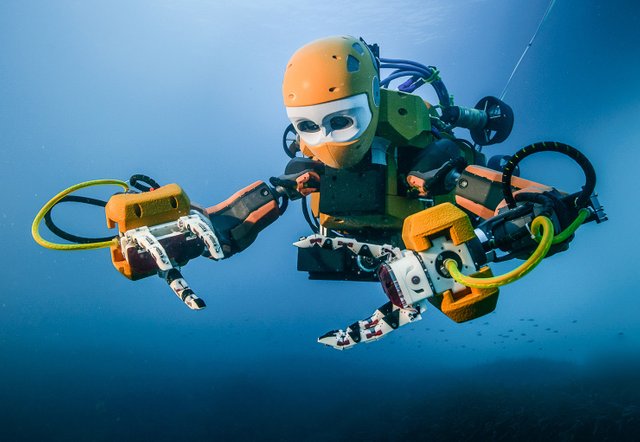
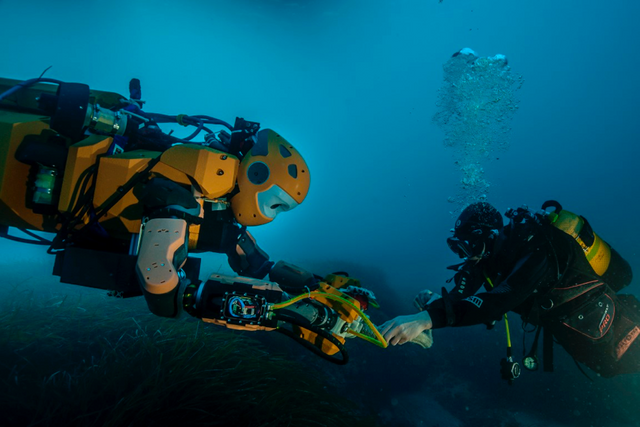
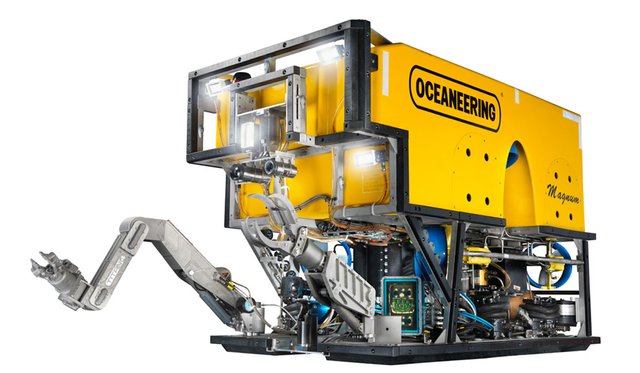
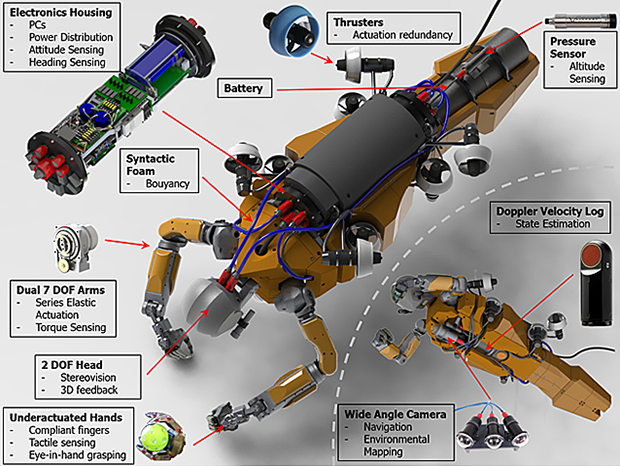
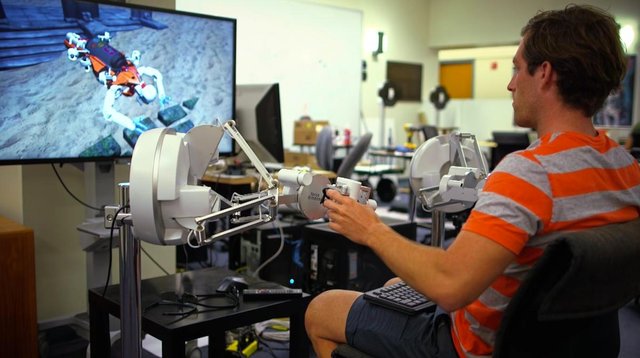
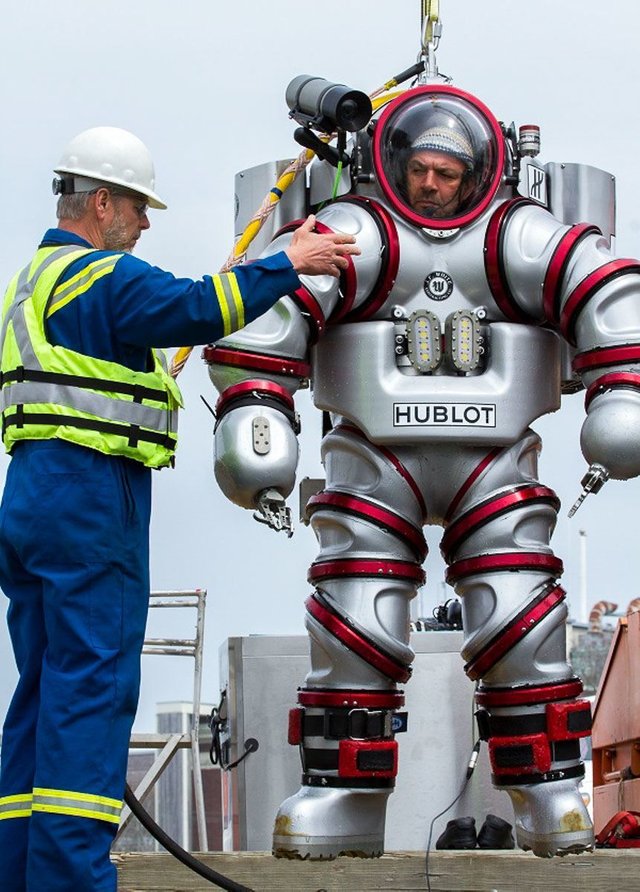
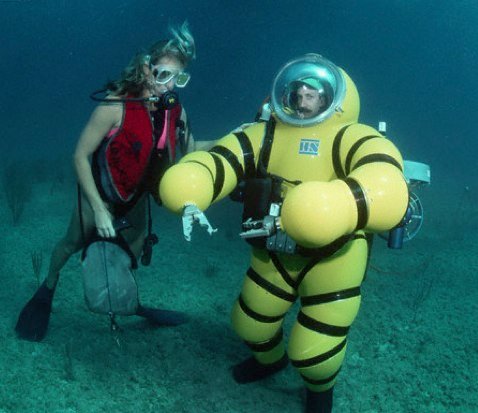
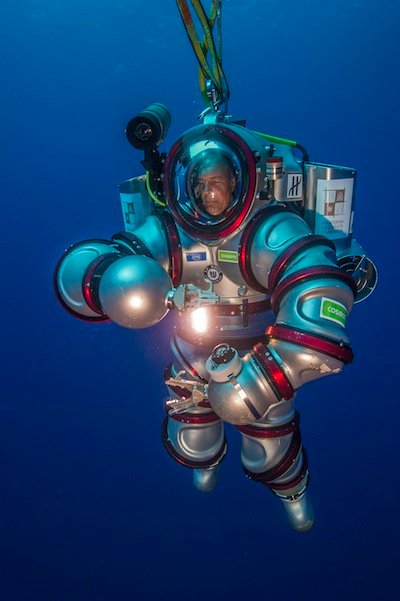
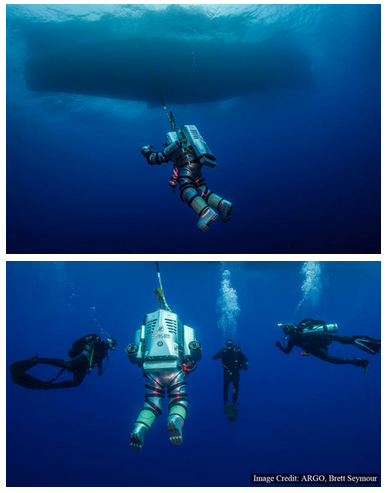
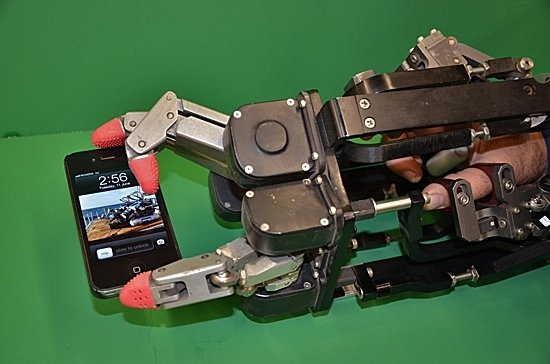
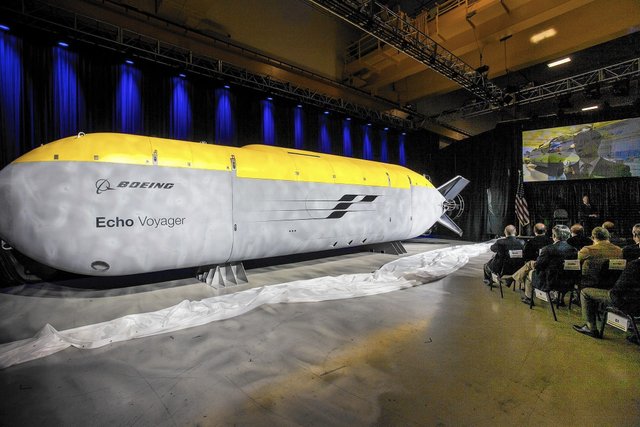
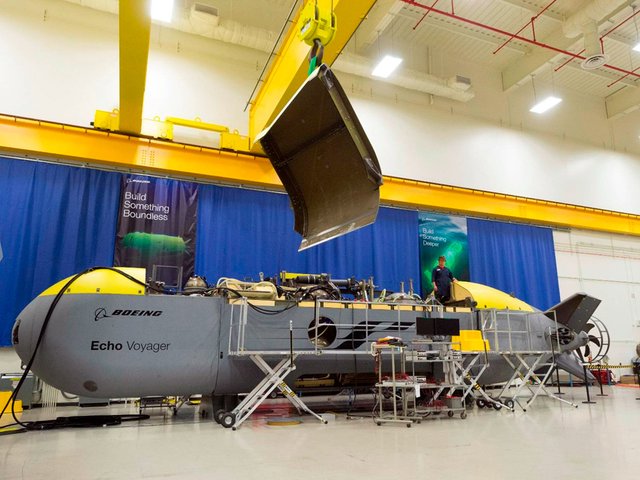
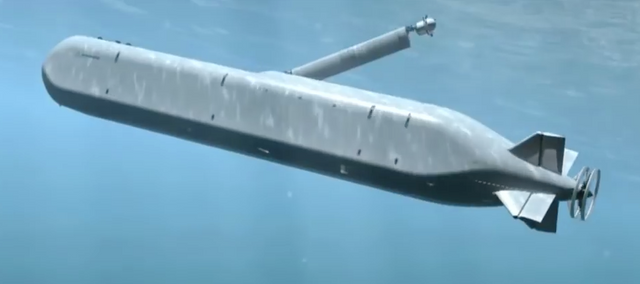
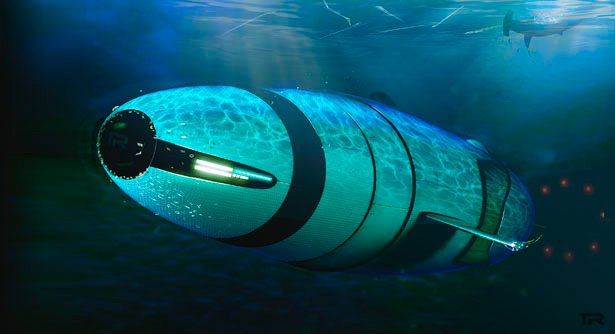
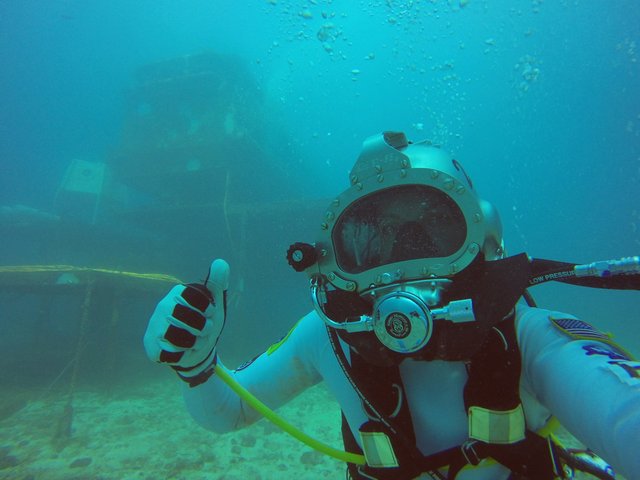

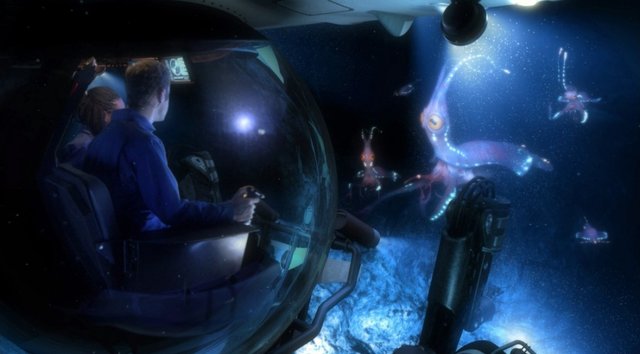
I feel the same! I've always dreamed of exploring the Ocean in a submarine, we need to as well! We've barely scratched the surface of what is there, we most likely know more about space than we do about the deep waters of our own planet.
very informative!
those are expensive, but the results will be priceless!
Deep sea exploration will lead to great advancements that will benefit space travel. These suits are good examples and I think the tech intermingles.
Great info thanks again @alexbeyman!
Great! When do we get our deep sea colonies and resorts?
Have you heard of Jules Undersea Lodge?
Googling now...
Okay, that's pretty cool.
Where are our bubble cities? Sealab 2020 lied to us!
For now, this is about as good as it gets.
A week at a time is pretty good. Thanks for the link.